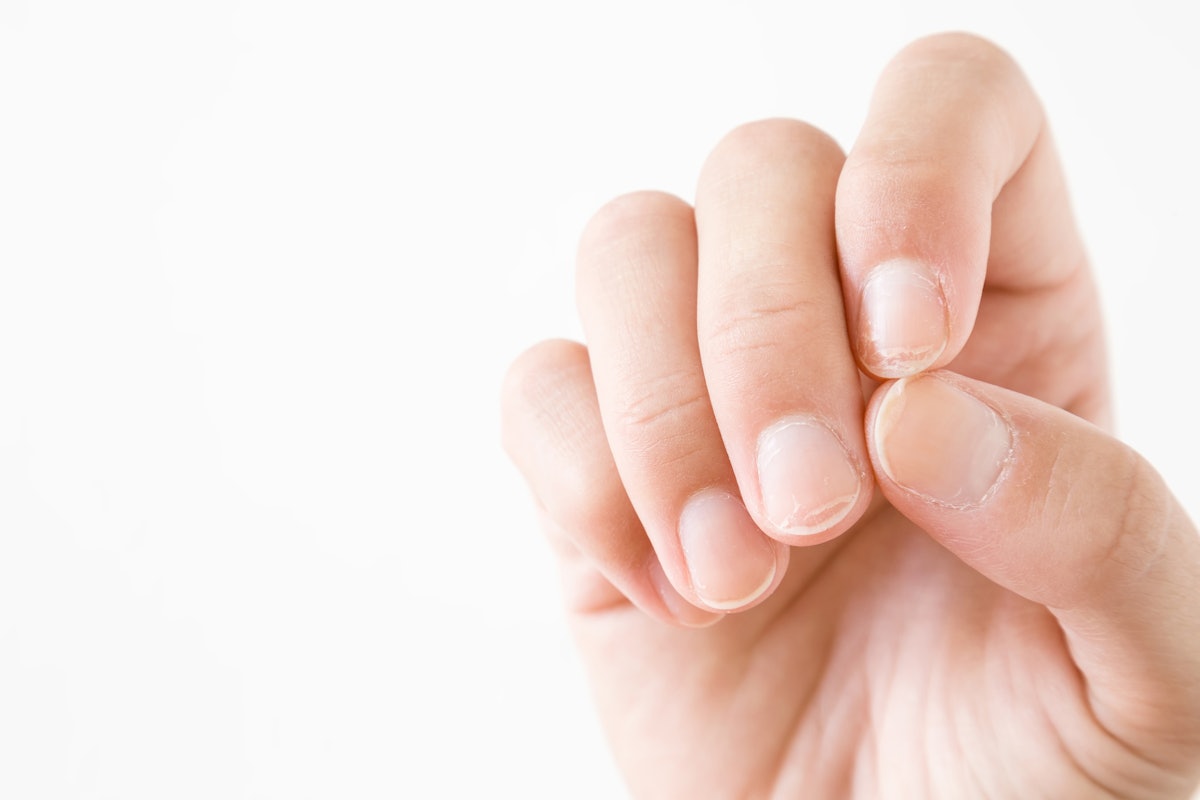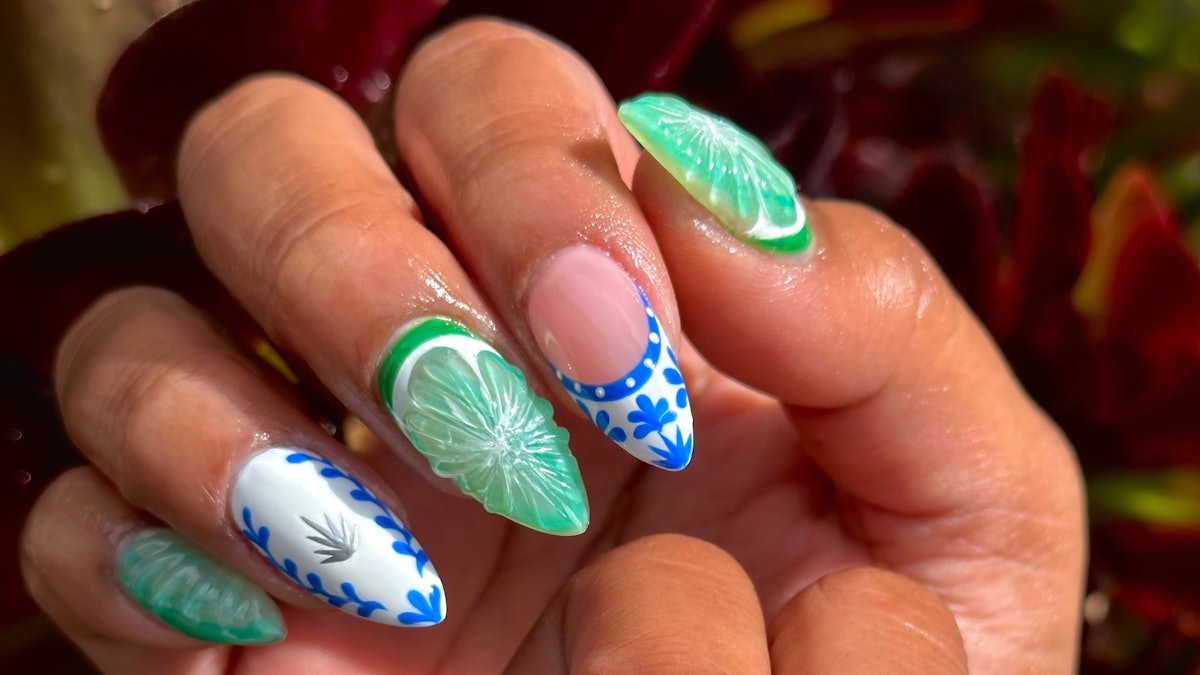Understanding Nail Damage
Nail damage can manifest itself in multiple forms, often leading clients to seek solutions for weak or fragile nails. Understanding the root causes of nail damage is essential for both clients and nail technicians. Environmental factors are among the most common culprits. Exposing nails to harsh chemicals during dishwashing or gardening without gloves can lead to weakening.
Types of Nail Damage
1. Environmental Damage: As mentioned, exposure to elements such as water and chemicals can compromise nail strength. This also includes exposure to certain UV lights during manicure services.
2. Nutritional Deficiencies: A diet lacking in essential vitamins and minerals can lead to brittle nails. Biotin, zinc, and protein are crucial for maintaining nail health.
3. Fungal Infections: Fungal infections can cause nails to become discolored, thick, and brittle. Early detection and treatment are important.
4. Genetics: Some individuals are predisposed to weak nails due to genetic factors, making them more vulnerable to breakage.
5. Over-manipulation: Improper nail services can lead to damage. Clients may seek lightening, shaping, or polishing, but too much filing or poor application techniques can be detrimental.
Nail Repair Procedures
Once the type of damage is identified, nail technicians can recommend appropriate repair procedures. It’s crucial to tailor treatments based on individual client needs.
1. Strengthening Treatments
Using professional-grade nail strengtheners is a popular option. These products often contain proteins and vitamins that help to restore structural integrity. Look for ingredients like keratin and hydrolyzed collagen, which can assist in repairing and fortifying the nail matrix.
2. Protective Base Coats
Encourage clients to use protective base coats before applying nail polish. A quality base coat can act as a barrier between the nail and potentially damaging nail products.
3. Moisturizing Treatments
Regular application of cuticle oil and hand creams is essential for maintaining hydration. Dry and brittle nails are often a sign of dehydration, so using products rich in oils such as jojoba, almond, or vitamin E can work wonders.
4. Topical Anti-fungal Treatments
If fungal infection is the issue, direct application of anti-fungal treatments can be effective. It’s important to consult with clients on proper application techniques and the necessity of following up with treatments.
5. Professional Nail Repair Services
Consider offering specialized services aimed at nail repair. Procedures such as nail wraps or overlays can provide immediate reinforcement for damaged nails, making them feel stronger and healthier.
Recommended Nail Products
There are many products available that specialize in nail repair. Choosing the right products can significantly enhance the efficacy of nail repair treatments offered to clients.
1. Strengthening Nail Polish
Products like Sally Hansen Hard as Nails and OPI Nail Envy are great for strengthening nails while providing a polished look.
2. Cuticle Oil
Essie’s Apricot Cuticle Oil and CND SolarOil are top-rated for nourishing the cuticles and surrounding skin, promoting healthier nail growth.
3. Nail Treatments
Consider recommending treatments like Duri Rejuvacote or Orly Nail Defense, which promote nail growth and strength while simultaneously protecting against breakage.
4. Supplements
For clients struggling with nutritional deficiencies, recommend oral supplements rich in biotin or collagen, which are known to support nail health.
Client Education and Follow-Up
As a professional nail technician, it’s essential to educate clients on effective nail care practices. Offer tailored advice on maintaining nail health at home, including proper hydration techniques and the importance of using protective gloves during chores.
1. Regular Manicures
Encourage clients to schedule regular manicures. Consistent professional care can help monitor nail health and address any emerging problems before they worsen.
2. Home Remedies
Offer tips on home remedies, such as soaking nails in olive oil, to enhance moisture and protection. Promote homemade sugar scrubs for exfoliating the nails and promoting health.
3. Importance of Nutrition
Discuss the importance of a well-balanced diet rich in vitamins specifically targeting nail health. Recommend foods high in protein, biotin, and zinc to ensure their nails can grow strong.
Conclusion
Nail repair is an ongoing process that requires attention and care. By understanding the various causes of nail damage and implementing appropriate procedures and products, nail technicians can assist their clients in achieving healthy, resilient nails. Providing education and recommending effective nail care products can significantly enhance your clients’ nail health while building trust and loyalty.



